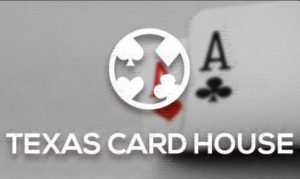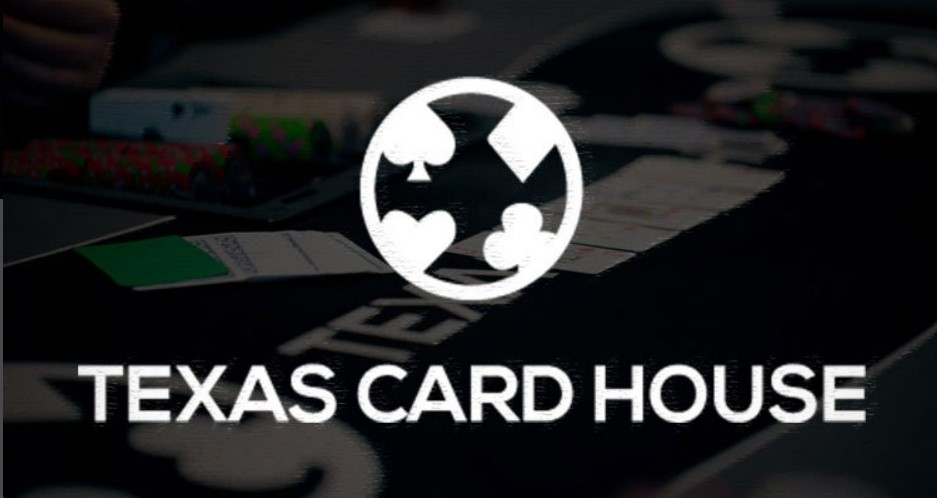Back in January, Texas Card House Dallas saw its Certificate of Occupancy (COA) revoked with no real reason for the decision. After the certification was removed, the card room released a statement on their commitment to tackling the battle ahead and thought the process would take some time. Thankfully, the Board of Adjustment (BOA) decided to vote in favor of the card room 5-0, allowing the venue to legally continue to operate.
Operating Once Again
The Texas Card House was initially approved by the city to operate as a membership club, where a fee was paid to join. The poker room does not get a cut of the bets and players to have an equal shot at winning. However, Dallas ended up changing its interpretation of the law which resulted in the revocation of the card rooms certificate.

After the decision by the board was made to allow the poker room to operate once again, the CEO of Texas Card House, Ryan Crow, told the Observer that the company was pleased with the board agreeing with their position on the matter.
Card rooms operate in the state based on a loophole in Texas Penal Code. In general, gambling is illegal in the state, except on some tribal lands. As far as poker is concerned, if games are fair to players, occur in a private place, and no one receives an economic benefit other than personal winnings, then gameplay can commence. Most see the economic benefit as the rake, so if the card room does not take a rake, then services are free game.
During the board meeting, the city’s stance on the matter was clear. Dallas had the senior assistant attorney, Gary Powell, look into the issue of poker and how it should operate. According to Powell, the exceptions to the state constitution regarding poker should only apply to gaming within an individual’s home, namely the private establishment section of the law. Powell says that the card room cannot claim to be a private establishment if they have over 600 people come inside in one day.
However, the Dallas Attorney’s Office, Dallas Plan Commission, and City Council all gave the Texas Card House approval to operate. Since its opening day, the card room has operated based on its approved business model.
For Powell, he thinks that the certificates of occupancy should be removed because the city does not have a clear understanding of the state law when the businesses were approved to operate. The board did not agree, with members feeling as though they do not have the authority to decide if the card room is in fact, breaking the law.
Texas Card House is now reinstated and allowed to offer services. Other poker rooms that lost their certificates are hopeful that they too can begin to offer services again soon.
Top Shelf Poker Room Fighting for Right to Offer Services
About an hour a half away from Dallas is Flint, Texas, is a city where the Top Shelf Poker Room was recently raided and shut down. The poker room operates as a private social club, just as other card rooms do in the state. Players pay a membership due to be a member as well as fees to take part in club activities, which includes poker. This is yet another instance involving a card room losing its right to operate.
When the raid took place earlier this month, it resulted in the card room being shut down and the assets of the business frozen. Jesse Vann is a co-owner of the property who stated that at the time of the raid police did not provide many details for the raid and closure. According to Vann, the property has the appropriate business license and permits to conduct services as a card room.
Monthly membership fees start at $25 or players can pay a $200 yearly fee. There is an hourly seat fee for gaming and the amount paid depends on how many hours the player remains seated at the felt. So far, the Top Shelf property is still shut down, and hoping to gain approval by the city to reopen.
For the Dallas property, it seems that even though Texas Card Room won this battle, the fight for poker will be ongoing in Texas for quite some time.



